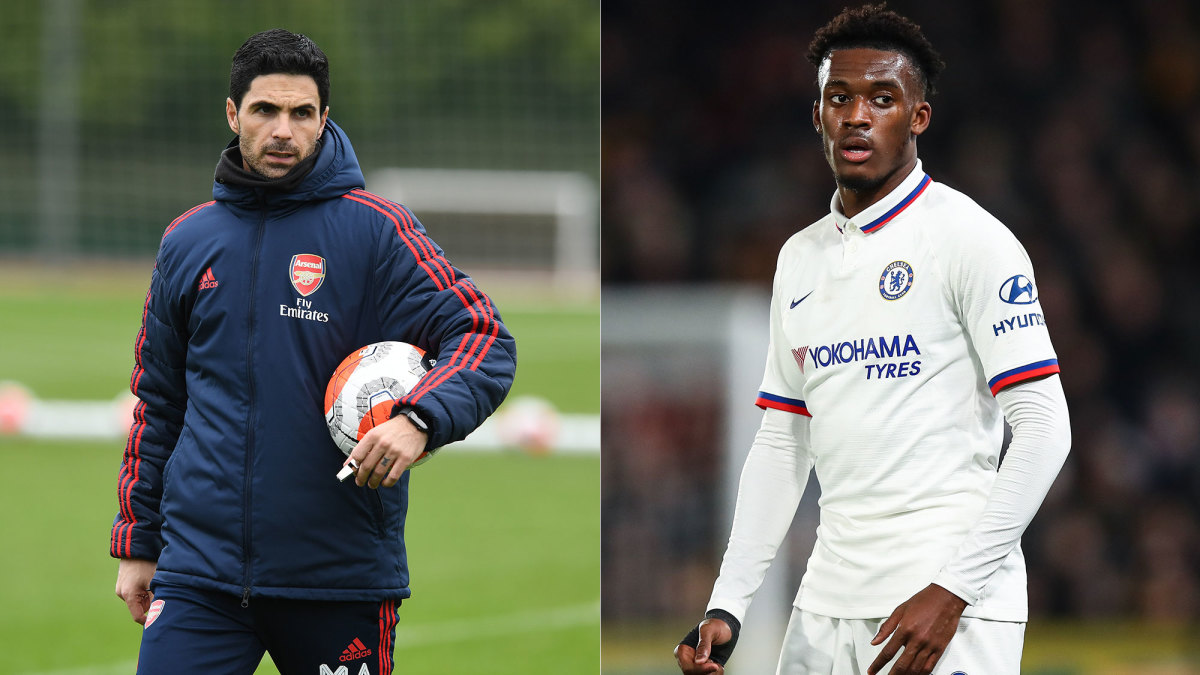England, Premier League Left With No Choice But to Fall in Line With Coronavirus Suspensions
The news everybody had been expecting came just after 11 a.m. local time on Friday. Premier League football will be suspended until April 3 at the very least because of coronavirus, although given the disease outbreak is unlikely to have peaked by then, the reality is that it is that the suspension is likely to go on several weeks after that. The EFL board had announced a similar suspension a few minutes earlier, with the Football Association likely to cancel the England national team’s friendlies against Italy and Denmark as well.
What is extraordinary is how quickly the move had come to seem inevitable, only around 14 hours after the leagues had insisted games would go ahead as scheduled–even with supporters in attendance. What happens next is anybody’s guess, but at least now there is time for all parties to take stock and work out a way to reconstruct the schedule so this season can be completed.
While there have been calls simply to void the season, the Premier League insisted it had the “aim to reschedule the displaced fixtures, including those played by Academy sides, when it is safe to do so.” Realistically, given the amount of money riding on European qualification and promotion and relegation and a concern about potential lawsuits, it’s hard to imagine at this stage the authorities countenancing a solution that would not see this season concluded in some way.
Throughout Thursday, as news story piled on news story, as country after country cancelled sporting contests, English football had come to seem out of step with the rest of the world. Spain, Italy, Portugal, France, the Netherlands, Ireland and the United States had all cancelled football. Germany had ordered games to be played behind closed doors until finally suspending play hours before Fortuna Dusseldorf was to host Paderborn. South America postponed the beginning of 2022 World Cup qualifying, which had been slated for the end of the month. European club competitions have been postponed as of Friday, with a UEFA meeting scheduled for Tuesday to discuss the probable postponement of this summer’s Euros.
In fairness to the Premier League and the English Football League, their initial reluctance to act was based on following government advice. At a press conference on Thursday, Prime Minister Boris Johnson and the Chief Medical Officer, Chris Whitty, made the case that banning mass gatherings was largely ineffective and reduced the spread of the virus by only around 5%. The government confirmed on Friday that it sees “herd immunity” as vital to tackling the disease–which is to say for the majority of the population to contract the virus and develop antibodies helping check its flow. Again, that seems out of step with the rest of Europe and with the state views of many medical professionals.
The other major argument for not postponing games was one rooted in psychology: the claim that introducing sweeping measures too early risked people growing weary of them and ignoring them when the virus hits its peak in a few weeks. That is still not expected to hit the UK for a further three months.
Scotland’s first minister, Nicola Sturgeon, had broken with Downing Street to announce that from Monday all gatherings of more than 500 people will be banned in Scotland. That, initially, allowed this weekend’s round of fixtures, including an Old Firm clash between Rangers and Celtic, to go ahead, before those, too, were put on hold.

The inevitability that English football would be put on hold as well quickly became apparent after a period of defiance. An hour after the Premier League had released its initial statement that games would go on came the news that the Arsenal manager Mikel Arteta had tested positive for coronavirus and was self-isolating. Friday's emergency meeting was immediately called between Premier League clubs. Arsenal as a club had been forced to take measures anyway after Evangelos Marinakos, the owner of the Olympiakos side that beat Arsenal in the Europa League two weeks ago, tested positive. That had led to Arsenal’s Premier League game at Manchester City on Wednesday being called off, but, inexplicably, Olympiakos’s Europa League tie behind closed doors against Wolves went ahead on Thursday.
Three Leicester players had already been reported to be seeking testing after exhibiting symptoms, while Manchester City fullback Benjamin Mendy is self-isolating after a member of his family fell ill. Even before the meeting on Friday morning came the news that Callum Hudson-Odoi had tested positive and that Chelsea had taken isolation precautions. Everton, Watford and Bournemouth then announced that they were self-isolating, too, as players demonstrated symptoms of the virus.
Against that backdrop, the Premier League and EFL had little choice but to take the decision they have. The likeliest outcome now is a season finishing in the summer with the Euros played in 2021. Some clarity on that will come on Tuesday, but the situation remains extremely fluid.
